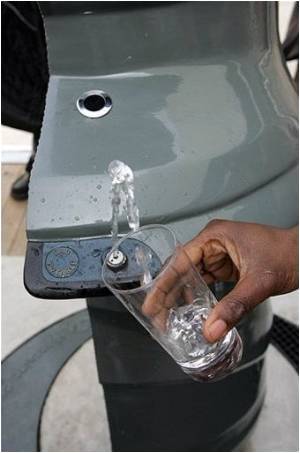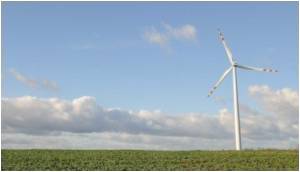Water conservation is necessary, usually because of a drought, or the growing population or the likely future of water shortages.

The greenhouse gas emissions associated with water-related energy consumption total more than 100 million metric tons of carbon dioxide-equivalent gases.
"Water use means energy use, therefore conserving water means conserving energy," said report author Ethan Elkind, Climate Change Research Fellow at UCLA Law and Berkeley Law.
"Most of the energy consumption from water comes from consumer use of household appliances like dishwashers and hot water heaters. These appliances are very energy-intensive, so conservation at home offers the greatest energy- and money-saving potential," he added.
The report identifies key obstacles to conserving water and recommends, among other things: the expansion of energy-efficiency funding programs, such as a public goods surcharge on water bills and on-bill financing to help water consumers pay for water efficiency improvements; and the implementation of rate structures that encourage and reward water use efficiency.
Source-ANI












